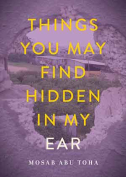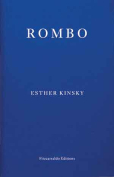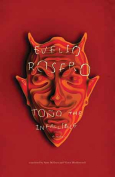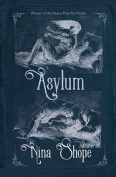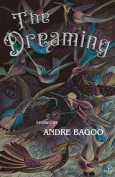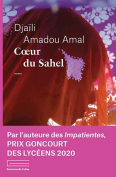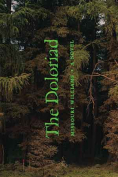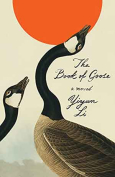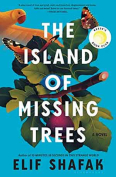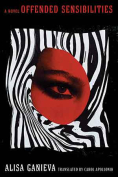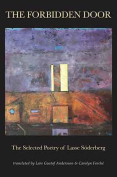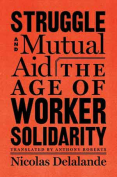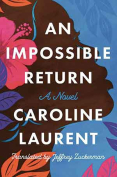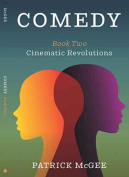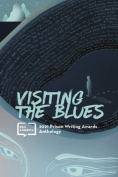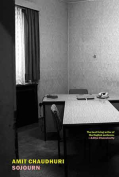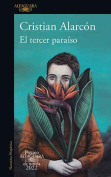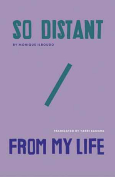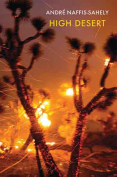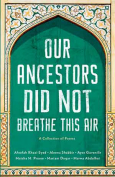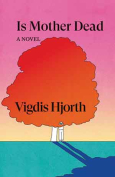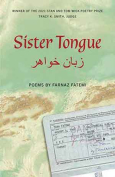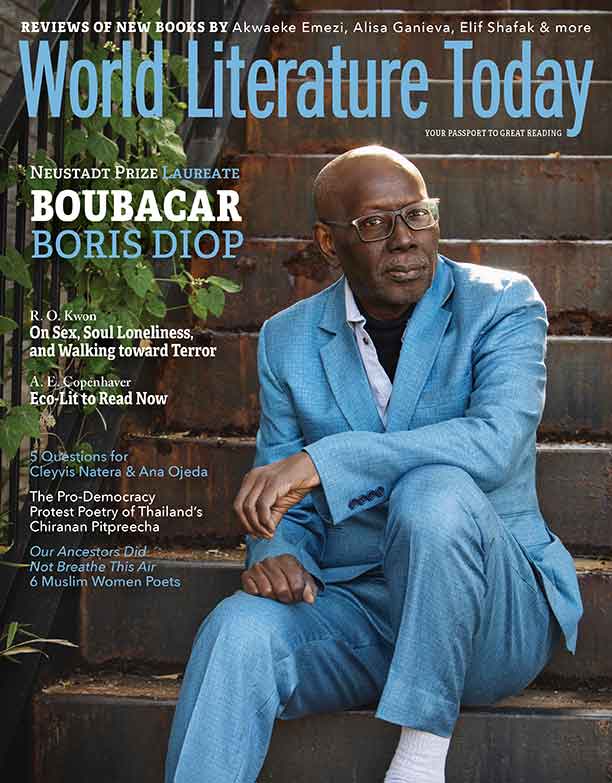Sister Tongue زبان خواهر by Farnaz Fatemi
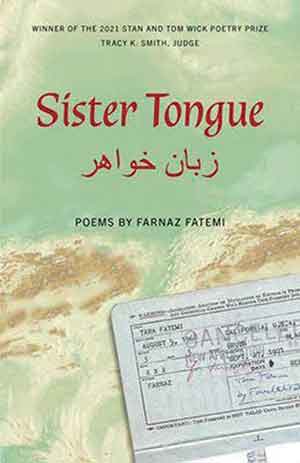 Kent, Ohio. Kent State University Press. 2022. 77 pages.
Kent, Ohio. Kent State University Press. 2022. 77 pages.
IN HER DEBUT verse collection, Farnaz Fatemi skillfully explores the nuanced between-life of Farsi and English and how that negative space houses language, displacement, longing, and the materiality of memory. Being a member of the Iranian diaspora and growing up in Southern California, Fatemi finds that there “is no word for [belonging] in any of [her] tongues” and straddles what it means to have a plurality of identities—including a twin sister. This inability to capture belonging does not stop her from writing gorgeous poetry that brings an unexpected understanding to those hyphenated identities and creating a sense of kinship across language(s).
Fatemi crafts a lyric essay to be the backbone for her book that bears its namesake, Sister Tongue زبان خواهر, and extends to the reader an honest invitation to accompany her toward self-reconciliation: “I am trying to explain what it feels like to have not come from a place and to have come from the very same place.” Fleshing out the spine of this work are numerous smaller poems hemmed into four categories: I Name the Eight Muscles of My Tongue, The Only Mistranslation, The Word for Heart, and Unveiling. These four acts allow the reader to get their bearings within Fatemi’s journey of self and travels in Iran while moving through it with her in the shape-shifting tone of wisdom, whimsy, and all the emotions we can’t place the words for.
My first introduction to this collection was at a reading hosted at San Francisco State University’s Poetry Center, where Fatemi herself read a curation of excerpts. Hearing the poetry read aloud before ever seeing the words carefully arranged on each page, tears fell from my eyes by the end of her poem “Untranslated.” From my perspective, this is the heartbeat of the collection:
All the women
Who disappeared into the silence inside me,
I pull from the roar of the past.
I make introductions. By which I mean,
I want the foreigner in me
to meet the foreigner in me.
In this way, Fatemi expands on the borderless lives of ourselves and our ancestors though we feel the distance of generations pulling within us. From the onset of her collection, something in me perked up for more, and I was not disappointed. My journey within the diaspora looks vastly different from Fatemi’s, so I was not prepared for her to pen the hurts and nuances of my soul, leaving me to feel known and welcomed.
This celebration of honoring roots, as a poem and a collection of poems, creates a treasury of understanding and introduction within the Iranian diaspora as a culture. Truthfully, though, no matter your own journey, vulnerability is delivered in such delicate craft that your own heart tightens with nostalgia.
Taylor Nasim Stone
San Francisco State University
When you buy a book using our Bookshop Affiliate links on this page, WLT receives a commission. Thank you for your support!
